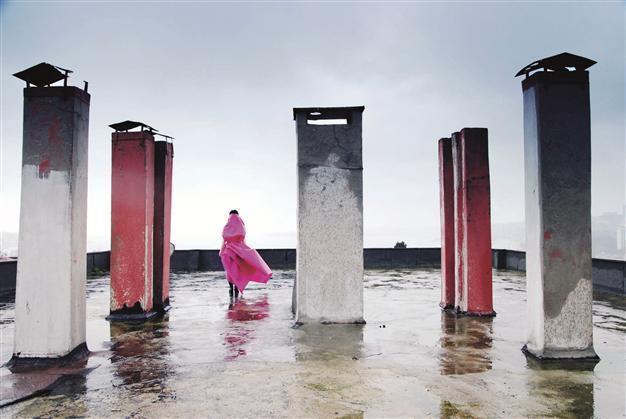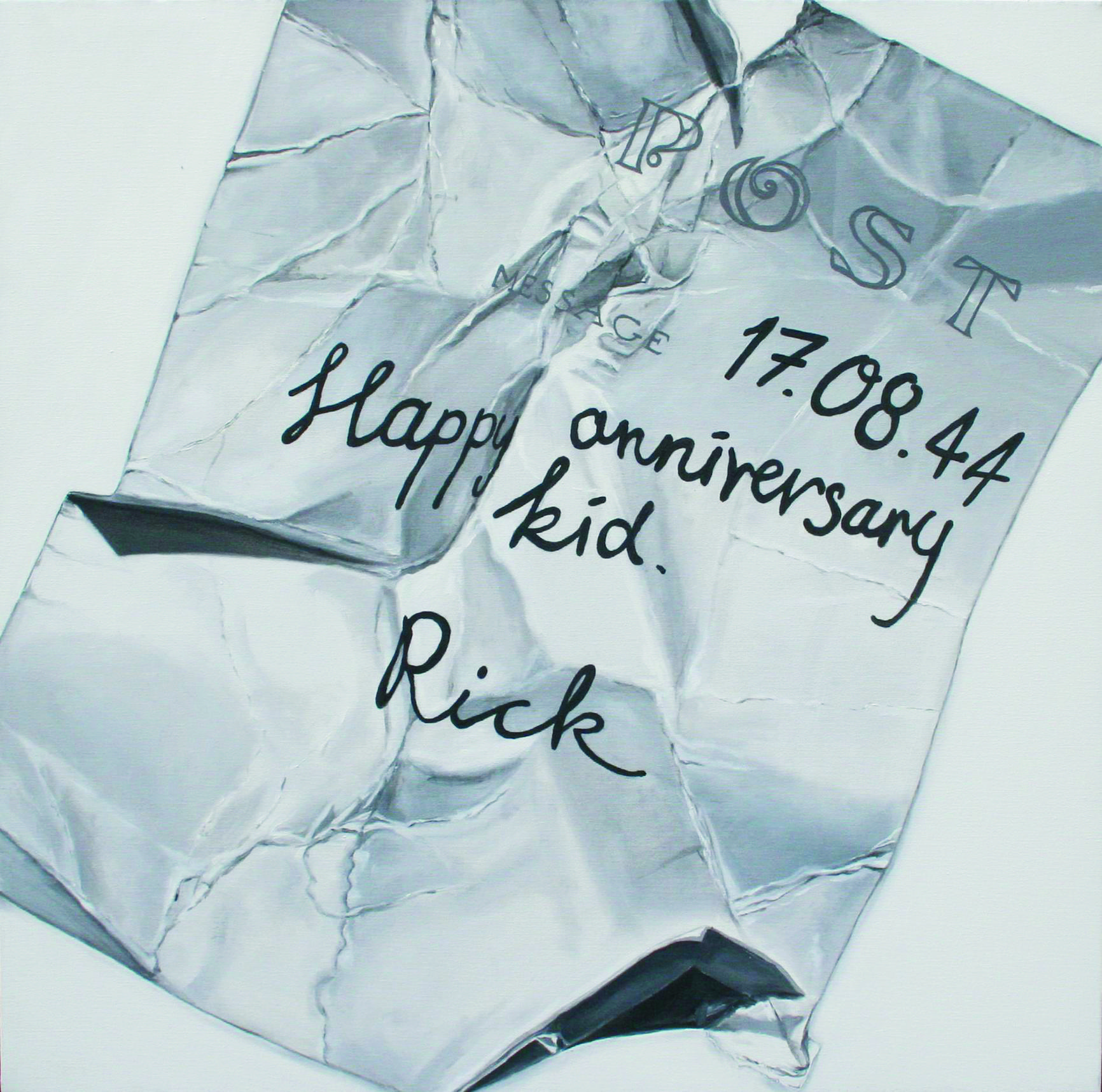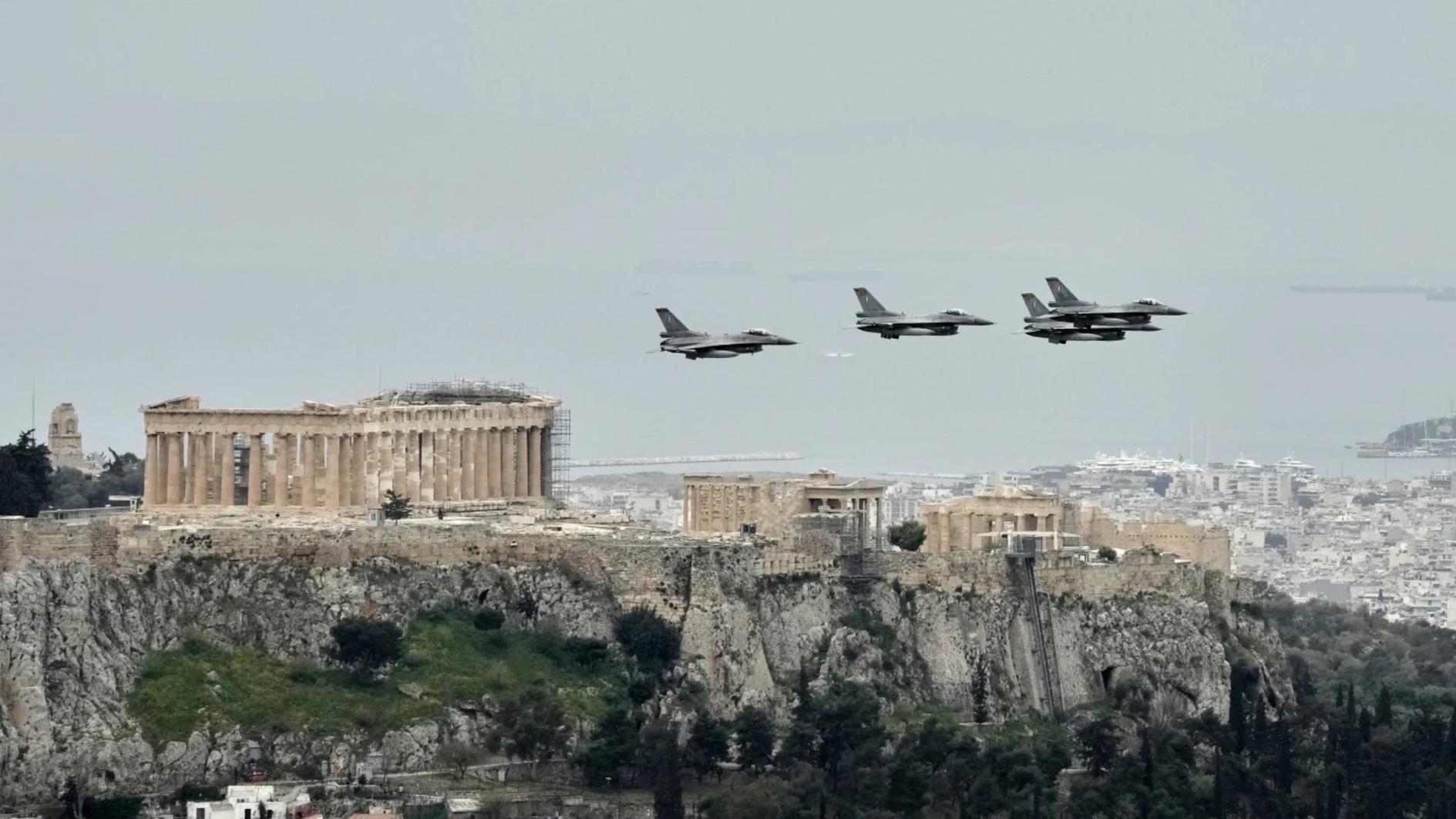Layered meanings for the art viewer
Hatice Utkan

Dilek Öztürk’s self-portraits, placing herself in urban spaces, point to the inherent continuity within stories.
Mixer Art Gallery’s summer exhibition, “Non-existing Images” curated by Mehmet Kahraman and Elvin Vural, brings various art disciplines together. It is possible to see different art works such as photography, drawing, painting, videography and neon installations. The exhibition welcomes artists such as Bengisu Bayrak, Dilek Öztürk, Ella Becker, Sema Özevin, Sırma Doruk, Ömür Alptekin and Tuğçe Çubukçuoğlu.“Non-existing Images” builds its theoretical framework on the multi-layered relationship between the image and the viewer, according to curators Kahraman and Vural. Speaking about the exhibition and its concept, the curators explained:
“We have taken the concept from the approach of Bourriad’s ‘relational aesthetics.’ According to this approach, the meaning of the image can change all of the time in the mind of the viewer. It can narrow down, expand. In short, it is flexible. That is what the viewer encounters in the exhibition, by looking at the works of the artists. The interpretations that the viewer holds always change.”
“Each form we see in various media [usually on surfaces], eventually becomes first a continuum and then a completion in the viewers’ minds, with regards to their own existential incompletion,” Vural said.
The exhibition demonstrates that in tandem with the idea that the image is incomplete on its own and can only be complete in the mind of the viewer, the artwork faces countless different interpretations and transforms into many unique reflections.
The artworks allow the viewers to interact with various mediums, as the range of disciplines supports the exhibition’s theoretical framework.
 Bayrak’s paintings visualize forgotten notes and Öztürk’s self-portraits, placing herself in urban spaces, point to the inherent continuity within stories. Alptekin’s drawings tend to transform into a pictorial superstructure but have not yet accomplished to do so, and Özevin’s photograph installation interacts not only with itself, but also with the viewer. This artwork supports the idea that with each and every look, the viewer faces a different image, yet a non-existing one.
Bayrak’s paintings visualize forgotten notes and Öztürk’s self-portraits, placing herself in urban spaces, point to the inherent continuity within stories. Alptekin’s drawings tend to transform into a pictorial superstructure but have not yet accomplished to do so, and Özevin’s photograph installation interacts not only with itself, but also with the viewer. This artwork supports the idea that with each and every look, the viewer faces a different image, yet a non-existing one.The works in the exhibition have been chosen exclusively. The works usually focus on blurry bodies and large spaces. In fact, these images are here to create a different understanding of looking at art. By looking at these images, the viewer can create their own understanding, meaning there are layers to the meaning of the works.
While choosing the works, the curators tried to choose works related to each other. “However, at the end, we have seen that the works we have chosen all belong to female artists,” said Vural. Noting that the curators did not do this on purpose, she added that as a result, the harmony between the images and the relation between the works made the exhibition a whole.
The exhibition will be on display in Tophane’s Mixer Art Gallery until Sept. 14.
















